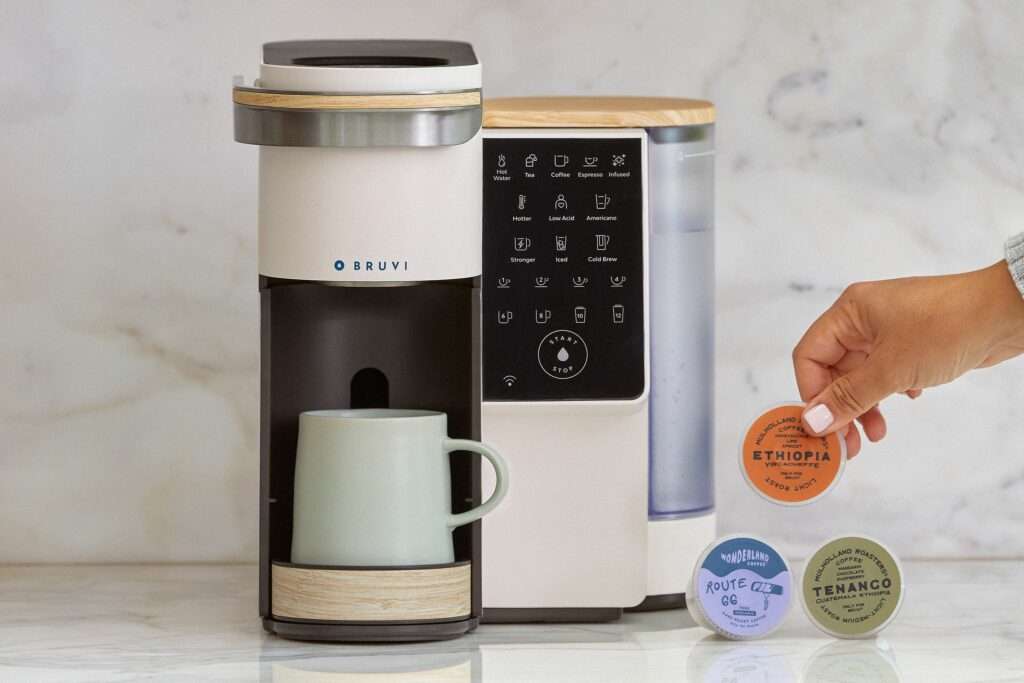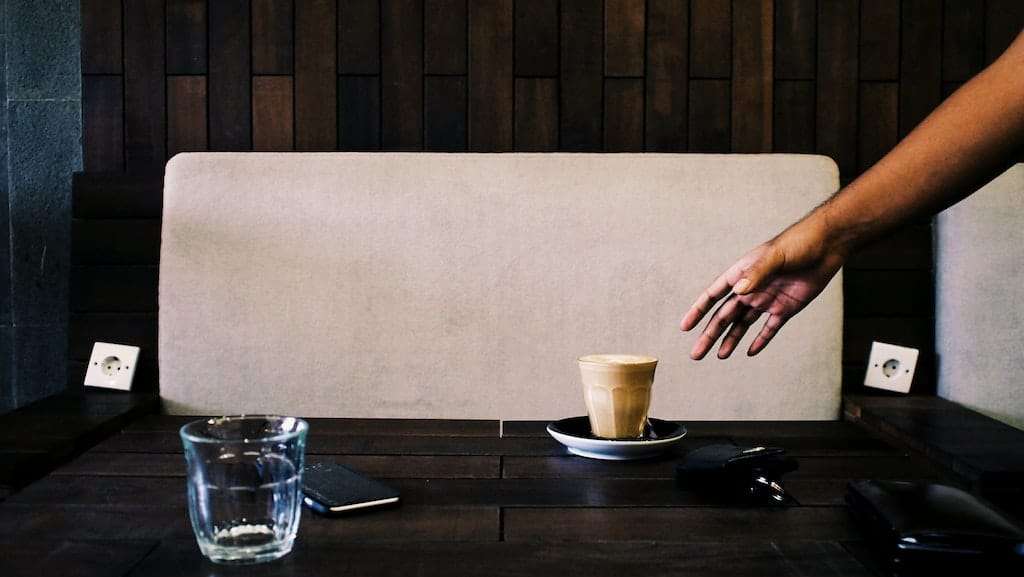Is your Nespresso coffee pod sustainable? That’s what a controversial small study published earlier this month claims. But one expert says there’s a lot more to the equation.
Long the epitome of environmental irresponsibility, a study published earlier this month suggested plastic coffee pods, such as Nespresso, are better for the environment than conventional brewing methods. That’s right, single-serve coffee pods are better for the planet, despite being made from plastic.
The findings
The findings, published in the Australian-based academic-focused media outlet The Conversation, showed that filtered coffee is the most unsustainable brewing method. Coffee pods were second best behind instant coffee, according to researchers at the University of Quebec.
“The pollution resulting from the preparation of coffee at home is just the tip of the iceberg,” the authors wrote.

“At the consumer level, beyond reducing coffee consumption, avoiding wasting coffee and water is the most effective way to reduce the carbon footprint of traditional, brewed and soluble coffees,” they wrote.
Are coffee pods more sustainable?
But the findings weren’t peer-reviewed, a common practice in scientific studies where other experts review the findings before they’re published.
There’s also little information from category leaders including Keurig and Nespresso, a Nestlé division. Keurig doesn’t release details on emissions produced by its pods, but told NPR that the company remains focused on “improving the sustainability attributes of our Keurig brewing system.”
Nespresso says it spends more than $35 million annually on a coffee pod recycling program. “It’s not something that we’re not investing in,” Anna Marciano, head of sustainability and general counsel for Nespresso USA, told NPR.

But recycling rates across all categories are shockingly low in the U.S. And when you add in a product as small and frequently used as a coffee pod, it’s even easier to see the potential for improper disposal.
Mel Elias, founder of Bruvi, a proprietary coffee pod system that uses enzyme-infused pods, tells Ethos is the research findings are complicated.
“Of course what’s important and valuable about the research is that it educates about the need to widen our lens about how we think about sustainability — that packaging is only part of the equation,” Elias said via email.
Plastic’s biggest problem? Waste.
Bruvi has been focused on its environmental footprint since the beginning, according to Elias. The company spent about five years developing its bio-enzyme-infused pods. And he says, if a company wants to be serious about its environmental footprint, they have to consider a number of factors such as the wastefulness of the coffee, water, and energy involved in brewing. “Single-serve capsule coffee systems like Bruvi have a huge advantage on those terms,” he says.
Part of the challenge in tackling single-serve plastic is that commercially viable alternatives don’t yet exist at the scale needed. “For example, compostability sounds great, but we lack industrial composting infrastructure throughout the U.S.,” says Elias.
“Further, plastic as a packaging material for food is cost-effective, preserves freshness and food safety — and uses comparatively fewer resources to produce than most other alternatives,” Elias says. He says Bruvi doesn’t necessarily see plastic as the issue, but rather, the waste it produces.

Bruvi says its pods are more expensive than conventional but something Elias says the company deemed critical to do “given our mission to provide the most environmentally friendly way to brew excellent coffee at home.”
“Additionally, there is a lot of confusion — and misinformation — about the merits and practicality of recycling plastic, especially small items such as coffee pods,” he says.
Bruvi developed an enzyme-infused plastic that the company says can break down in landfills. That’s a big point of importance as a growing number of companies are promoting biodegradable or compostable packaging. But those materials often require specific inputs to ensure they break down properly. Elias says Bruvi’s Guilt Free Toss B Pods can degrade on their own in the anaerobic landfill environment without leaving microplastics.
Considering the life cycle of all products
“Though we are the first to use bio-enzyme-infused plastic for polypropylene coffee pods, we believe that bio enzymes are something that could be used by more food and beverage manufacturers,” Elias says.
“There is a complicating factor though in that enzyme additives pose the risk of affecting the recyclability of the plastic. Depending on the type of plastic being used, different companies may make different calculations as relates to the state of recycling regulations and/or the merits and effectiveness of recycling of their product. For PP#5 plastic, like that used for B-Pods, we know that recycling infrastructure varies by locality (and recycling claims are being increasingly challenged), bio enzymes can be a good solution.”

Elias says the Bruvi pods also take advantage of Landfill Gas to Energy Projects, where available, “which enables B-Pods to be part of local energy creation,” Elias says.
While the science is still out on whether or not plastic pods make for the most sustainable cup of coffee, Elias says we all have the responsibility to consider the entire lifecycle of the products we use.
“That research tells an important part of the single-serve story and Bruvi extends those advantages,” he says. “Our hope is that media will help educate and then consumers better consider the whole equation and make their choices accordingly.”
Related on Ethos:


